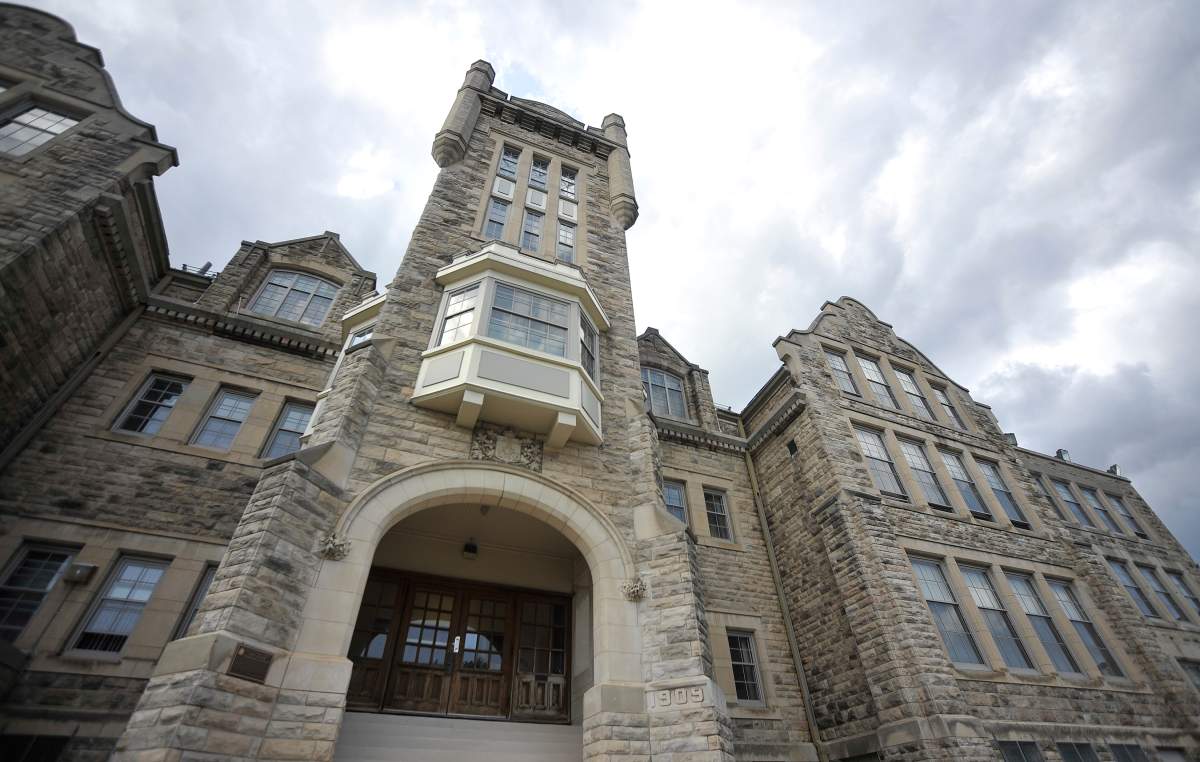Canada’s first Indigenous dean of a Canadian law school, Angelique EagleWoman, is suing her former employer, Lakehead University, for constructive dismissal and racial discrimination.

According to a press release issued by EagleWoman’s lawyer, Lakehead University’s counsel was served the papers on Tuesday.
EagleWoman is a member of the Sisseton-Wahpeton Dakota Oyate Tribe, and was appointed the school’s dean of law in 2016, becoming the country’s first Indigenous dean of a Canadian Law school.
However, she resigned in April of this year, citing systemic discrimination and a hostile work environment.
EagleWoman has also claimed that her time as dean was made difficult by a lack of resources, under-staffing and paternalistic micro-management by the university’s senior administration.
“This was an exciting opportunity for me to work in a law school committed to legal education that emphasizes Indigenous law and perspectives,” EagleWoman said in the release. “But I found the reality at Lakehead University did not match its many promises, to me or the local Indigenous communities. The law school is under-resourced and has never reached the full complement of faculty required by the regulatory bodies.”

Get daily National news
EagleWoman claims she was also forced to carry nearly a full teaching load while also fulfilling her duties as dean, and was undermined by the school’s senior administration, who she says regularly made decisions about the law school without consulting her.
According to the release, EagleWoman is suing for loss of income for the remainder of her term as dean, and compensation for losing a lifetime position as full professor in the faculty of law. She is also claiming for damages under the Human Rights Code for discrimination as well as moral, aggravated and punitive damages.
The total claim is for $2.67 million.
In a statement to Global News, Lakehead University confirmed it had received a statement of claim from EagleWoman’s lawyer but declined to comment further, saying “Lakehead University does not comment on any litigation or personnel matters.”
The allegations included in the statement of claim have not yet been proven in court.








Comments